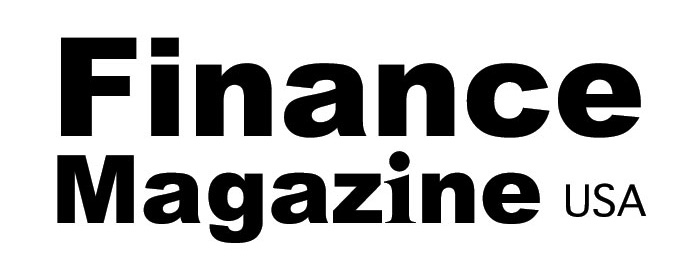Pessimism about the economy seems to be a common sentiment these days, regardless of nationality. However, there is some good news for workers despite the gloomy outlook. According to a recent poll conducted for The Economist by YouGov, just one in ten Americans thinks they are better off than a year ago.
Despite this, there is an interesting trend: workers’ real wages are significantly higher in America than before the pandemic. Even after adjusting for inflation, workers on low incomes have particularly benefited from tight labor markets since 2021.
In fact, average weekly earnings for American workers reached nearly $1,170 in October, representing a 3% increase in real terms since the end of 2019. Notably, those in the lowest quartile of earners have seen average annual nominal pay rises of 5.6% since the beginning of 2020—higher than the 3.8% seen by the highest quartile. These figures were compiled by the Federal Reserve Bank of Atlanta.
But like with any economic data, there are different ways to interpret these numbers. For instance, incomes soared early in the pandemic due to government support, making real incomes today appear lower relative to that period. Additionally, the consumer price index used to measure inflation might not accurately reflect how people adjust spending during periods of rapid price increases.
Looking beyond America, Britain’s economy has also seen growth in real wages since the pandemic, with a 1.5% increase in inflation-adjusted pay since the end of 2019. Similarly, a significant increase in the minimum wage in Britain has contributed to this positive trend at the bottom end of the jobs market.
In Europe, where collective-bargaining agreements usually set pay for most workers, the effects of a tight labor market take longer to appear. Last year, real wages under these agreements in the euro zone dropped by 5.2% as inflation rose. However, this trend has started to reverse, with countries like the Netherlands and Germany seeing significant growth in negotiated wages.
In the Netherlands, annual growth in negotiated wages has reached 6% this year, even as inflation has fallen to zero. Similarly, federal-government employees in Germany can expect nominal wage rises of up to 16.9% next year, with the largest increases going to those on the lowest wages.
Despite the negative sentiment around the economy, the positive trends in real wages provide a glimmer of hope for workers. It is a reminder that economic data does not always tell the full story, and there are often hidden positive aspects to be found.
For more expert analysis of the biggest stories in economics, finance, and markets, you can sign up for Money Talks, our weekly subscriber-only newsletter.
Source link




